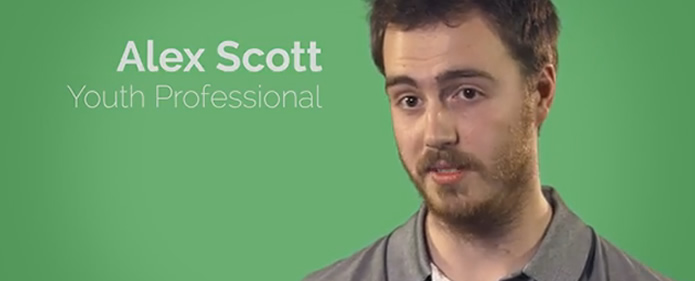
Implementing peace practices in youth work
The importance of peace education has been recognised by numerous international organisations including the United Nations.
However while peace education has continued to gain relevance in non-formal youth work over past years, it is characterised by shortcomings including a low level of conceptualisation, diverging quality, a lack of a coherent competence framework and poor recognition.
'Mainstreaming Peace Education – Competence Framework' is a Key Action 2 Strategic Partnership project led by The ASHA Centre alongside four partner organisations. The project aims to better understand, reflect and implement peace practices essentially in youth work.
In this video interview Alex Scott, who works to promote the training opportunities that Erasmus+ can provide young people in the UK, explains the importance of the project to engage young people with peace education.
As a result of the project a range of key outputs will also be developed for peace educators which include;
- a competence framework including knowledge, skills and attitudes;
- evaluation indicators;
- assessment methods;
- educational guidelines for achieving key competences; and
- spreading the recognition of peace education by linking to other existing frameworks such as the Youthpass and Europass certification systems.
Having people from other cultures who have grown up with different ideas about peace, violence and conflict adds so much to the debate over how we go forward - Alex Scott
The peace education competence framework e-book and other resources are being widely disseminated and available to download from the project’s website.
Interested in finding out more about youth funding opportunities? Take a look at our youth funding page.
